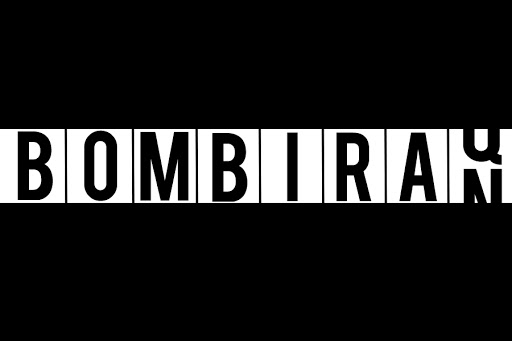Last week, President Obama announced an interim agreement had been reached with Iran to limit their ability to create nuclear weapons. The deal requires Iran to destory some of its uranium stockpiles, promise to not install or create new centrifuges, and not fuel its plutonium reactor in exchange for the lifting of international economic sanctions. The plan is intended only to last six months when a long term solution will hopefully be reached.
The next day, Israeli Prime Minister Benjamin Netanyahu denounced the deal, calling it a “historic mistake.” He said Israel would not abide by the deal’s terms. Canadian Foreign Minister John Baird also rejected the deal and said our northern neighbor would keep their sanctions in place.
Analysis of the deal has ranged from extreme skepticism to celebration. The Wall Street Journal says that while “we devoutly wish [Obama’s claims of success] were true… [t]he reality is that the agreement in Geneva with five Western nations takes Iran a giant step closer to becoming a de facto nuclear power.” Fred Kaplan writing for Salon calls the deal a “triumph”, saying that “[i]t's everything Obama hoped to achieve in Geneva,” and that “[h]ad George W. Bush negotiated this deal, Republicans would be hailing his diplomatic prowess, and rightly so.” Forbes’ Melik Kaylan takes a more moderate stance, saying that while the interim deal isn’t everything we want, it’s still a good step in the right direction.
We talked to our Aleteia Experts to see what they made of the new deal, and the two who responded were strongly against it.
“This deal is reminiscent of Chamberlain's appeasement of Hitler at Munich in 1938,” says William Kilpatrick, author of Christianity, Islam and Atheism: The Struggle for the Soul of the West. “It constitutes a betrayal of Israel and it makes the world a far more dangerous place.”
President and Founder of Voice of the Copts Ashraf Ramelah agrees with Kilpatrick that the deal is bad. “To stop the U.S. congress from imposing sanctions against Iran and for Iran to continue enrichment for ‘peace’ purposes is absurd and dangerous and creates a path for Iran’s eventual nuclear armament, yet we are assured by John Kerry that Israel and other friends in the Middle East are now safer than before.”
Ramelah sees the new deal with Iran as part of a greater pattern from Obama of bad foreign policy for the Middle East.
“There is strong evidence today that President Obama brokered a deal in Egypt enabling the Muslim Brotherhood and now-ousted Mohammed Morsi to gain power and lead the country — contrary to the welfare of the Egyptian people and their pursuit of equality, freedom and human rights. Within weeks of Morsi’s installment last year he sought the current Iranian President Ahmadinejad to break the 30-year silence between Egypt and Iran and resume diplomatic relations. Morsi acted strictly on behalf of the Muslim Brotherhood without any consideration to the Sunni Islamic Mufti of Al Ahzar who remained staunchly opposed to this move. Al Ahzar endorsed Sadat’s decision to break ties with Shia Iran in the first place.”
“The dots connect like this: Obama administration promoted Egyptian Muslim Brotherhood, and both Obama and the MB promoted Mohammed Morsi for President who upon gaining office sought Ahmadinejad. Why did Morsi do this? One reason could be that Morsi was obligated to fulfill a previous agreement with the Obama administration and the MB to pursue a plan where Israel will be in the middle of a cooperative Sunni-Shia enemy united against Israel.”
The following Aleteia Experts contributed to this article:
William Kilpatrick is the author of Christianity, Islam and Atheism: The Struggle for the Soul of the West.
Ashraf Ramelah is the President and Founder of Voice of the Copts.

